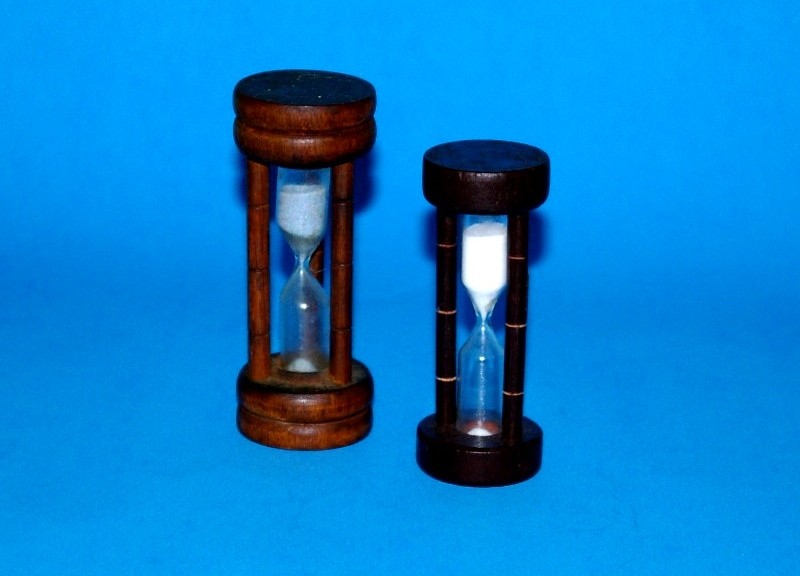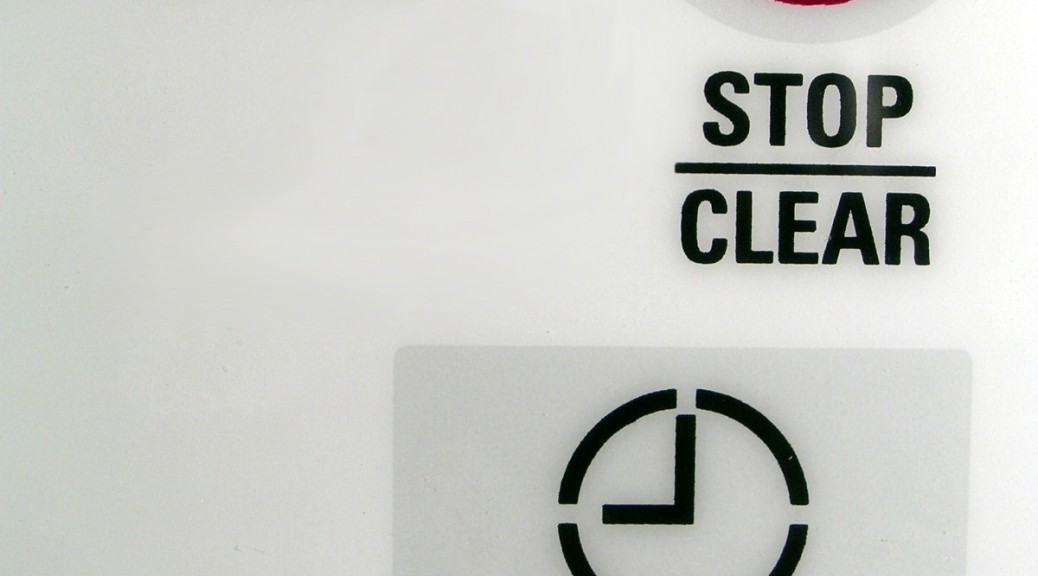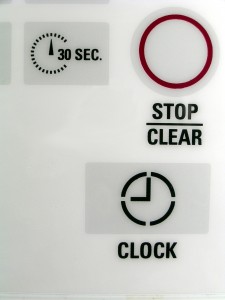 Like it or not, money plays a big part in our lives. Whether we have it, want it, need it, or can’t find it, it forces to act and to react in certain ways. It influences most of the decisions that we make and how we spend a large part of our time.
Like it or not, money plays a big part in our lives. Whether we have it, want it, need it, or can’t find it, it forces to act and to react in certain ways. It influences most of the decisions that we make and how we spend a large part of our time.
Money also impacts our relationships with family, friends, co-workers, and even people that we don’t know. Money problems are cited as one of the biggest causes of tension and even divorce between spouses. Money problems can cause depression, unhappiness, and can even lead to bigger problems like suicide, excessive drinking, and domestic violence.
In a time where the world seems to be totally wrapped up in money, how do we survive and even thrive with the money that we have? It seems that all around us, it is all about “keeping up with the Joneses” and having all that they seem to have.
The following tips can help:
Make a Budget
Budget is a four letter word in many of our vocabularies but it really shouldn’t be. Following a budget can be extremely liberating as well as very helpful.
In reality, a budget is just a way of spending your money on paper before you actually spend it for real. A budget is just a list of planned and expected expenditures that you think that you will have for the month. It should cover every penny of your expected income, both on the income side and on the expenses side. It is like a map to get you through a trip that helps you to arrive at your expected destination.
Set Financial Goals
Above and beyond the scope of a budget, you need to have a set of long-term financial goals. When we decide to go on a vacation, we usually don’t just jump in the car and head out without having a destination in mind. Why is it that so many of us try to run our lives that way… we just throw the car in gear and head off without a single thought as to where we are going or how we will get there.
Most of us have some vague and fuzzy ideas about what we want from life. Homes, cars, and vacations that someday we want to take may all be on that list. Possibly college for our kids (or ourselves), charities that we would like to help along the way, or even the legacy that we would like to leave behind when we leave this life might all be somewhere in our head but if all of these fuzzy thoughts don’t get put down on paper, they will likely never happen.
Out of Sight, Out of Mind
Having a budget or even a written set of goals is definitely the first step. Just the mere act of writing these things down helps to make them start to become a reality, but if we really want to make these dreams come true, we must begin to pay attention to them. Don’t just write your goals down, but read them often. They must be kept in your thoughts. If your budget and your financial goals are always on your mind, they will begin to become a reality.





 There is one of those unwritten laws or rules of the universe called the 80/20 rule. It states that 20 percent of our efforts will produce 80 percent of our results.
There is one of those unwritten laws or rules of the universe called the 80/20 rule. It states that 20 percent of our efforts will produce 80 percent of our results.
 It is a fact that we all have the same 24 hours in a day and the same 168 hours in a week. Why then is it that some of us struggle to get things done while others seem to have all of the free time that they want?
It is a fact that we all have the same 24 hours in a day and the same 168 hours in a week. Why then is it that some of us struggle to get things done while others seem to have all of the free time that they want?